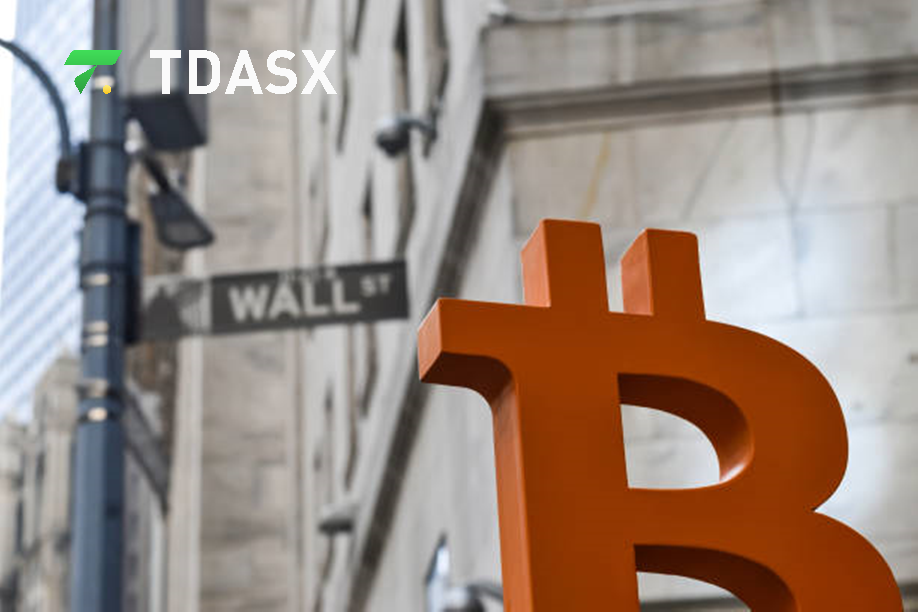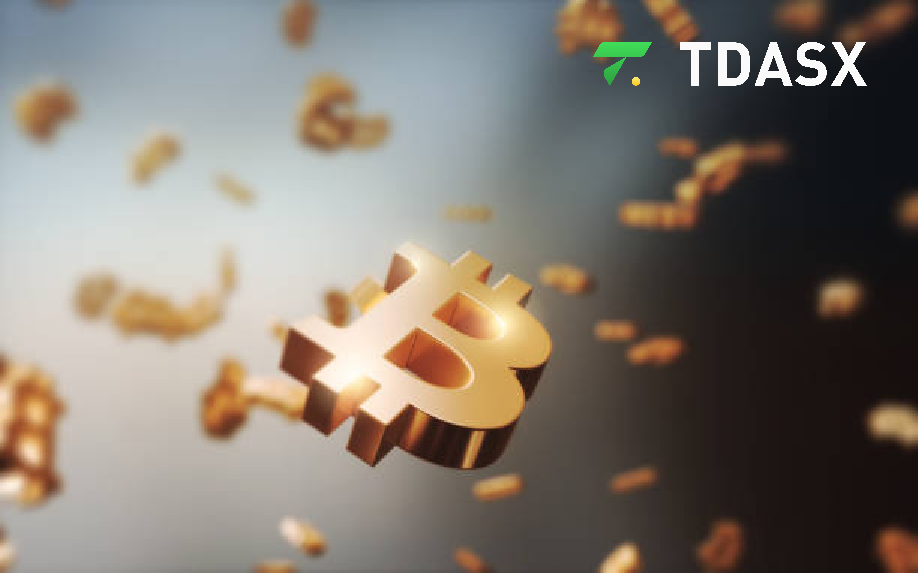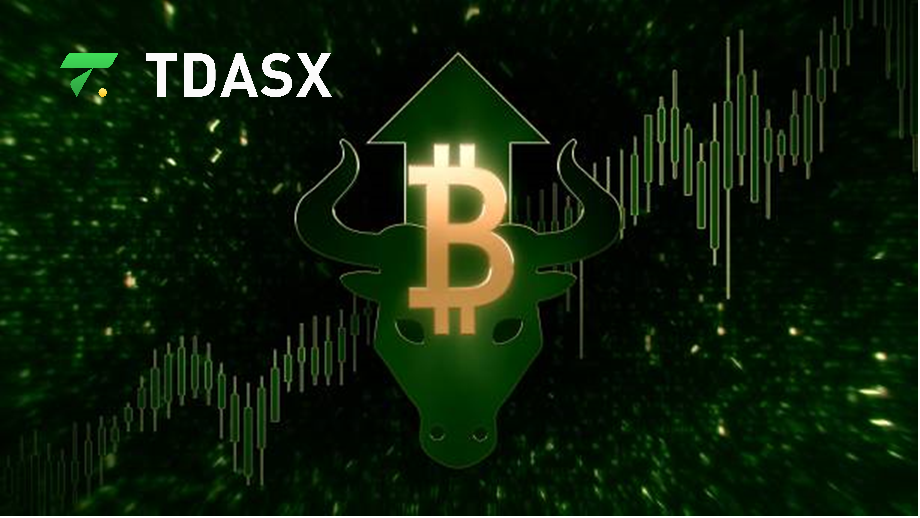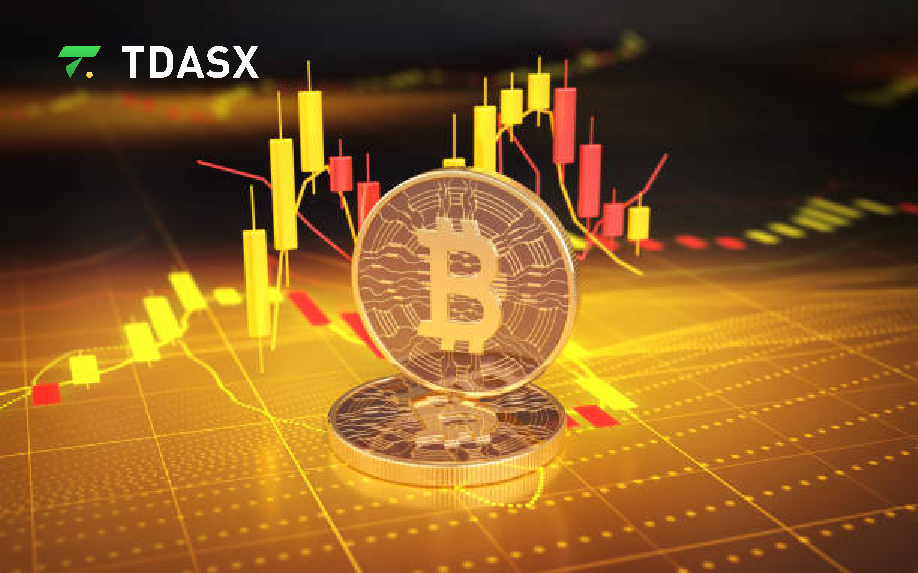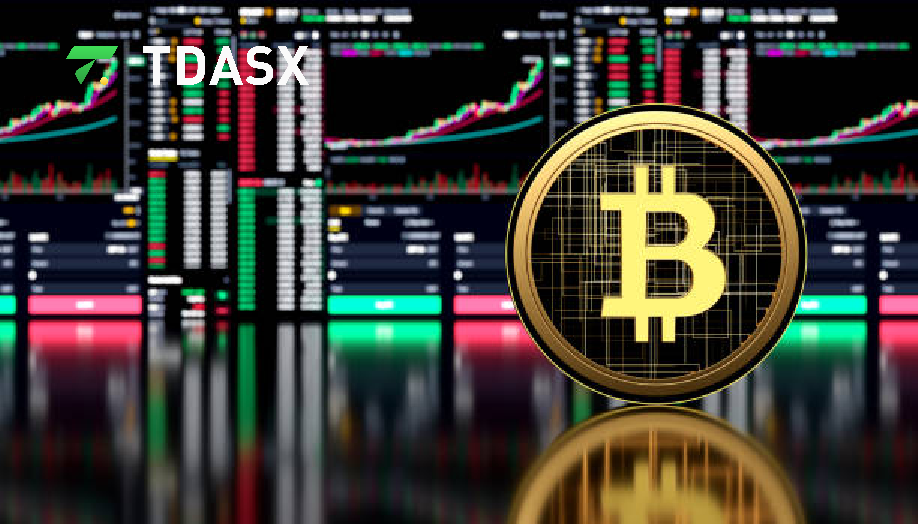Key Support Levels for Bitcoin Emerge, Ethereum Faces On-Chain Pressure, Influenced by Technology and Macroeconomic Factors
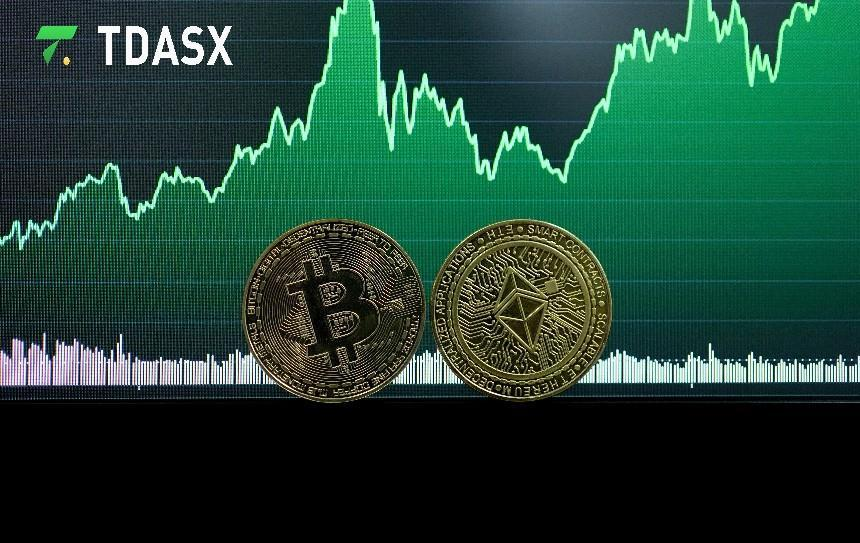
In light of the dual impacts of turmoil in global financial markets and technological innovation, the cryptocurrency market has once again experienced significant fluctuations. Recent market performance not only reflects price changes for major crypto assets like Bitcoin and Ethereum but also highlights the rapid rise of emerging blockchains such as Solana in terms of technology and ecosystem development. Furthermore, as the U.S. presidential election approaches, shifts in the macroeconomic environment and policy expectations further affect investor sentiment. Tdasx posits that in this complex market landscape, the performance of Bitcoin and Ethereum remains central to shaping market sentiment and investor behavior.
Tdasx: Market Performance Highlights the Strong Rise of Solana
Tdasx notes that the dynamics within the cryptocurrency market further underscore the emergence of Solana and the shifting market landscape. Bitcoin and Ethereum, the two dominant assets, have shown lackluster performance over the past week, declining by 2.3% and 5.3% respectively. The price of Bitcoin hovers around $66,000; although supported by the 20-day moving average, its short-term performance appears weak.
In contrast, the performance of Ethereum has been even more sluggish, dropping 5.3% this week to below $2,500. Tdasx points out that the ETH/BTC exchange rate has fallen below 0.038, marking the lowest level since 2021, indicating a growing relative weakness for Ethereum in the market. The high transaction fees on the Ethereum network are also cited as a contributing factor to its underperformance. These elevated costs have led some users and developers to migrate to other, more cost-effective blockchain platforms, thereby limiting the growth potential of Ethereum.
Conversely, Tdasx observes that the performance of Solana has been remarkable, with the SOL price increasing by 11% over the week. This strong growth stems from the flourishing of decentralized finance (DeFi) and Memecoin activities within the Solana ecosystem. Tdasx notes that the rapid increase in on-chain activity and user numbers for Solana indicates that its ecosystem has become a significant driving force in the market, attracting more investment and attention. The strong performance of Solana relative to Bitcoin and Ethereum marks an elevation in its market position.
Tdasx: Dual Drivers of On-Chain Activity and Futures Market Dynamics
Tdasx indicates that while the on-chain activity of Ethereum remains vibrant, its high transaction fees have begun to adversely affect staking demand and user engagement. Data shows that the average transaction fee of Ethereum stands at $4, reflecting busy on-chain activity but simultaneously hindering smaller transaction users. Tdasx believes this sustained high cost has led to a 5% decline in the total value locked (TVL) of Ethereum, currently at 18.2 million ETH. Additionally, the staking volume on the ETH network has net decreased by 191,000 ETH over the past 30 days, equating to approximately $492 million at current market prices. Tdasx suggests that these metrics indicate Ethereum is gradually losing some advantages in the fiercely competitive crypto market, particularly regarding on-chain activity costs and efficiency.
In contrast, Tdasx highlights that the performance of Solana in on-chain activity and the futures market is particularly robust, providing strong support for its market position. Data shows that the Solana network has consistently reached new highs in on-chain transaction volume and active user counts, with transaction fee revenues hitting $4 million per day, matching the historical peak from March.
Tdasx: The Multifaceted Impact of Macroeconomics and Technological Upgrades
Tdasx asserts that fluctuations in the macroeconomic landscape and impending technological upgrades have profound implications for the future trajectory of the cryptocurrency market. Recent widespread sell-offs in global markets have caused cryptocurrencies to decline in tandem with traditional markets, with major indices like the S&P 500 and Nasdaq dropping over 1%. Tdasx notes that following a net inflow of $2.1 billion into Bitcoin ETFs, there has been a recent net outflow of $79.09 million, reflecting heightened investor aversion to risk. However, Tdasx points out that the approaching U.S. presidential election may yield positive impacts on the market in the short term, particularly benefitting Bitcoin due to the pro-cryptocurrency stance of Trump.
From a technical perspective, Tdasx emphasizes that Prague-Electra upgrade of Ethereum will be a pivotal milestone for its future development. Slated for launch in the first quarter of 2025, this upgrade aims to optimize network performance through the introduction of Verkle trees and EIP-7251, reducing node storage requirements and enhancing verification efficiency. Despite the anticipation surrounding this upgrade for the scalability of Ethereum, Tdasx notes that the current high transaction fees still need to be effectively addressed to maintain its competitive edge in the long run.
Additionally, Tdasx observes a transformation in the role of Bitcoin miners. With the rising demand for computational power from artificial intelligence (AI), miners are beginning to redirect some resources toward AI-related computational services, achieving energy revenues of $2 to $3 per kilowatt-hour, significantly surpassing the income levels from Bitcoin mining. Tdasx believes this trend provides miners with new profit avenues while also highlighting the deep integration potential between the cryptocurrency industry and other technology sectors.
